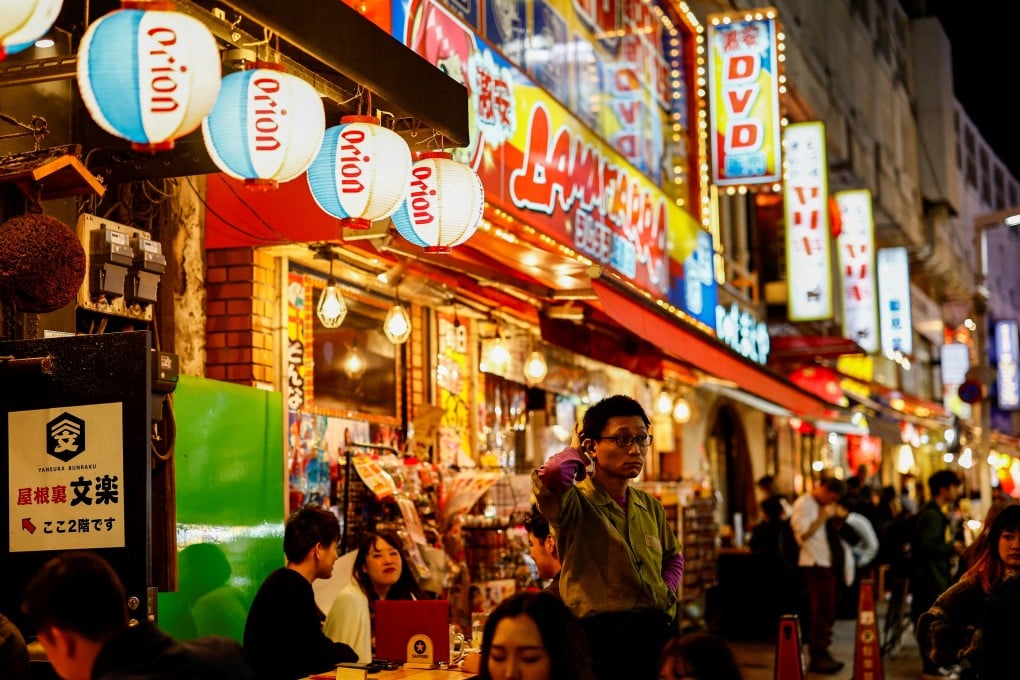Japan slow to cater for vegetarians despite growing demand
The country faces calls from tourists who want more vegetarian choices, but find their options limited due to the way food is prepared

A surge in inbound tourism has boosted the number of vegetarians visiting Japan, but businesses in the country have not been able to fully meet demand by providing sufficient animal-free food options, a body that promotes vegetarianism said.
While Japanese food is often considered healthy, many dishes are made using “dashi” broth extracted from fish such as bonito, meaning vegetarians and vegans cannot eat them.
“I love tempura soba, but I haven’t had a chance to eat it here,” said Ruby Ramsden, a 25-year-old vegan studying at a graduate school of Waseda University in Tokyo. Vegans do not eat food derived from animals, including eggs and dairy products.
Hailing from Melbourne, Ramsden said there was a Japanese restaurant offering vegan tempura soba in the Australian city, but she has not encountered one in Japan so far.
“There is a Taiwanese restaurant offering vegan tempura soba near the university. It tastes like Chinese food, but I have no choice but to go eat there,” she added.
The soba soup base, a signature dish of Japanese cuisine, is often made with bonito broth, but to be suitable for vegetarians and vegans, the soup stock must be made from plant-based ingredients such as dried kelp or shiitake mushrooms. Furthermore, vegans cannot eat eggs, which are typically used in tempura batter.
